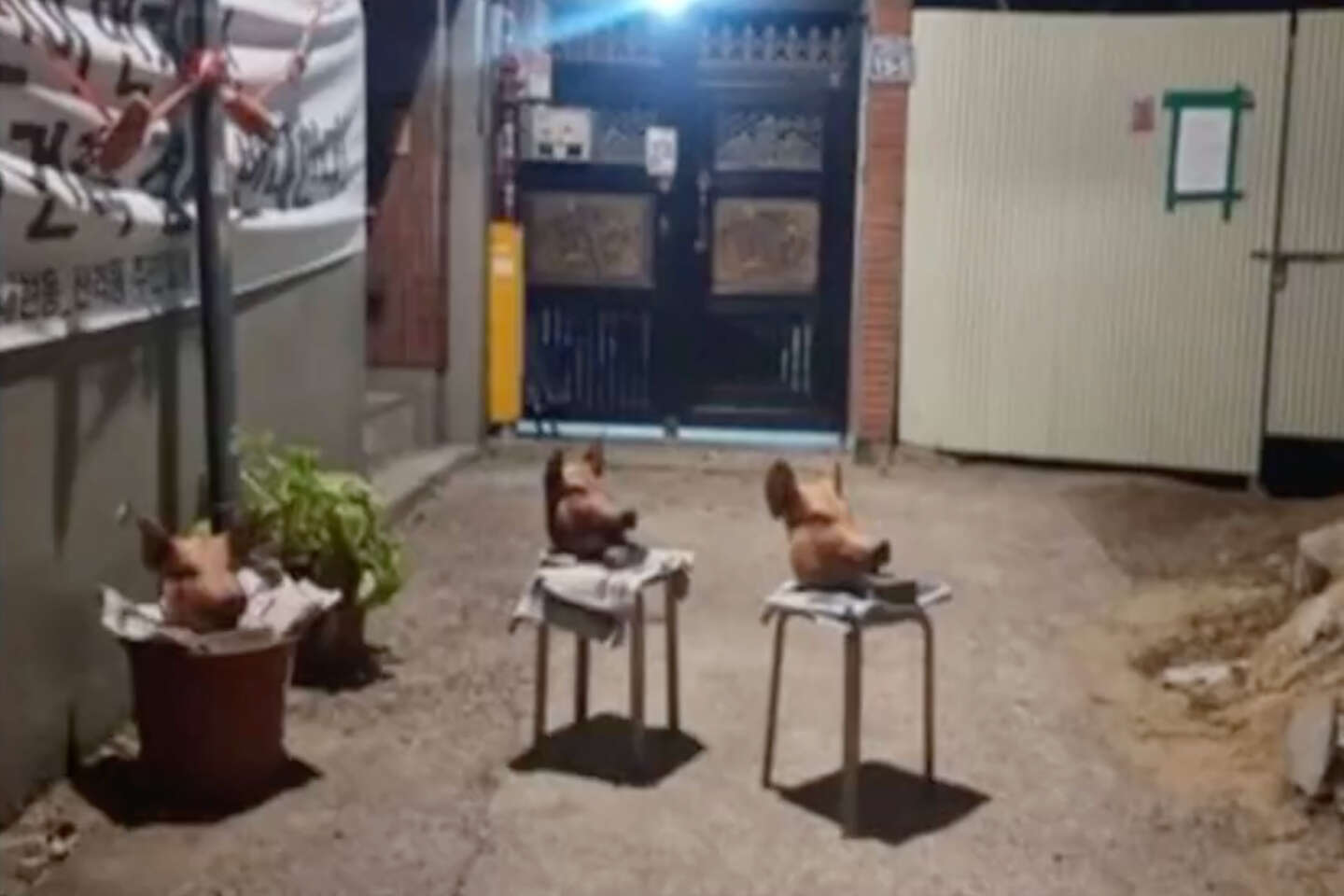
In South Korea, the mosque of discord
A letter from Seoul

All it took was a project to build a mosque in the city of Daegu, in the southern part of South Korea, to stoke tensions and show the limits of open society in this country.
Over time, the dispute turned into confrontation, forcing the local authorities to act. On Friday, January 6, they announced the installation of a surveillance camera near a construction site, which fuels a climate of mistrust between residents and the small local Muslim community. The latter, gathered in the Working Group for a Peaceful Solution to the Mosque Problem, announced to the press, on December 26, 2022, that it had sent a petition to the UN Special Rapporteur on Religious Freedom, denouncing “Negligence and tolerance of the Daegu municipality and government in the face of acts of religious discrimination and racial hatred”.
The controversy dates back to September 2020, when local authorities allowed the construction of a mosque in Daehyung-dong district. The Muslim community, who previously used a small house in the neighborhood for their prayers, wanted a place of worship that could accommodate about 150 worshipers. Thus was born the project of a three-storey building with a minaret, on land acquired by six citizens from Pakistan and Bangladesh in a nearby alley.
As early as February 2021, residents began filing a complaint with the town, which then ordered the work to stop. During the first trial in December 2021, the Daegu District Court ruled that the district had no right to stop construction solely on the basis of complaints filed. The local authorities should have given the Muslim community an opportunity to present their point of view. The Supreme Court upheld this ruling in September 2022.
Calling Muslims “terrorists”
These decisions did not deter opponents of the project, who ordered the town to find another site. However, there is no envisioned place that would satisfy the desires of Muslims looking for a location within walking distance of the nearby university and capable of accommodating at least a hundred believers. Almost all the neighborhoods consulted opposed the project.He should have confessed to the town.
Therefore, tensions persisted in the neighborhood. “We lived in harmony with the Muslim community, sharing food and gifts during the holidays. We did not complain about their gatherings. But building a real mosque will attract more worshipers.”worries a resident interviewed by the daily Korea Herald He talks about the crowded alleys of Muslim students on bicycles or motorbikes who arrive in prayer groups.
You have 47.73% of this article left to read. The following is for subscribers only.

“Unapologetic pop culture trailblazer. Freelance troublemaker. Food guru. Alcohol fanatic. Gamer. Explorer. Thinker.”
